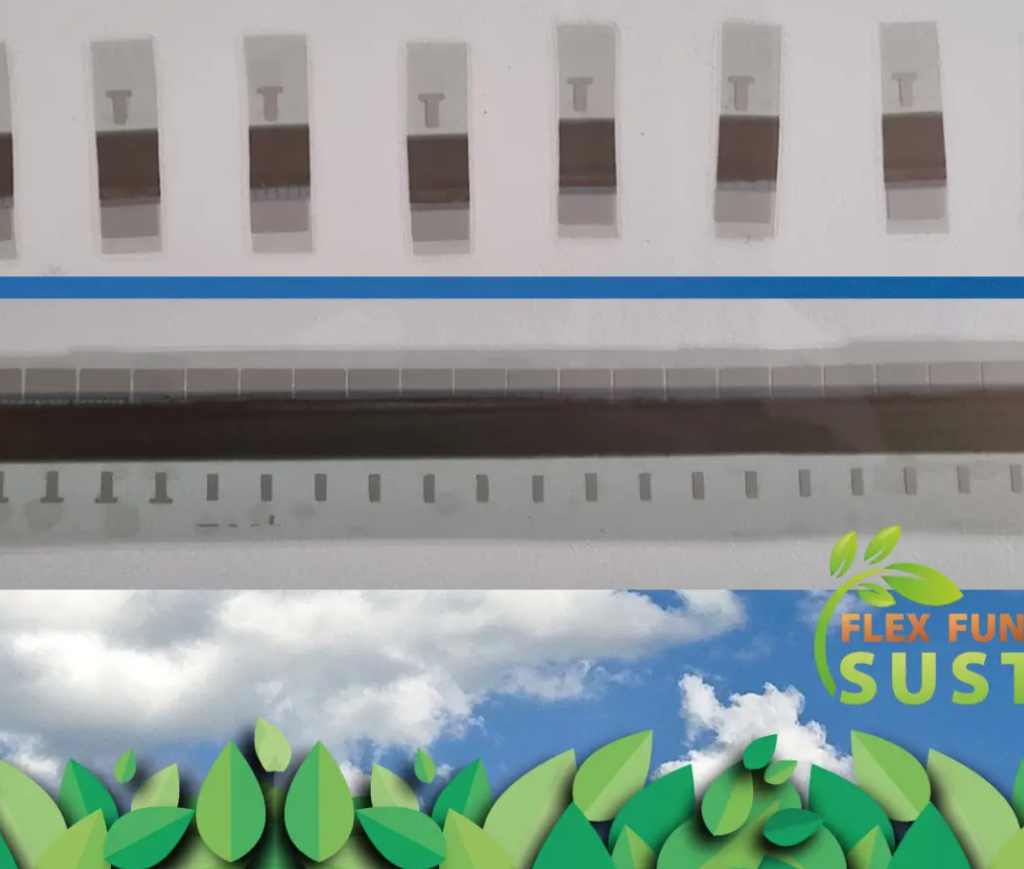Recycled organic solar cell achieves 1% efficiency per hour
(Sustainabilityenvironment.com) – New great milestone for the European project FlexFunction2Sustain. Within the initiative, the first recycled organic solar cell was created. Well understood: the recovery intervention concerns only the plastic substrate but represents significant progress for the polymer photovoltaic industry. The work is the result of a wide collaboration between research institutes, in the same open approach that characterizes the mission of FlexFunction2Sustain. The project was born, in fact, with the aim of creating a test bed for open innovation dedicated to neofunctionalization technologies for the manufacture of sustainable and intelligent products, based on paper and plastic.
The coordinator of the initiative, Dr. John Fahlteich of the Fraunhofer FEP explains its potential: “The strength of the test bed lies in the cooperation between research, technology and business to create a combined offer of complementary facilities and services that stimulate innovation”. With a single and common access point for all SMEs who want to join the network.
The project showcased at the recent IndTech 2022 Conference in Grenoble some of the latest innovations, from a new, fully recycled beverage packaging to optical coatings on biodegradable films. And of course the new recycled organic solar cell.
Read also New polymers to print large area organic solar cells
The cell is the result of teamwork. Researchers at the Fraunhofer IVV and the Center Technique Industriel de la Plasturgie et des Composites mixed 50% recycled polypropylene (derived from beverage packaging) with virgin polypropylene. The final polymer was used to create a substrate film for printed electronics. The Fraunhofer FEP scientists then applied a transparent indium tin oxide electrode to the substrate by means of a roll-to-roll vacuum coating. Organic Electronics Technologies PC (OET) in Greece then printed the organic photoactive material and encapsulated the cells. The final yield is very low but valid for its purpose.
“Energy conversion efficiency of around 1% is already sufficient to provide a wide range of single-use intelligent packaging productions with sufficient electricity,” explains Vasileios Kyriazopoulos, project manager at OET. “Currently, organic solar cells on commercially available substrates can achieve efficiencies of more than 8%, thereby improving the entire manufacturing process, including film extrusion, layer design, printing and encapsulation, It is possible to increase efficiency […] by more than 5%”.
